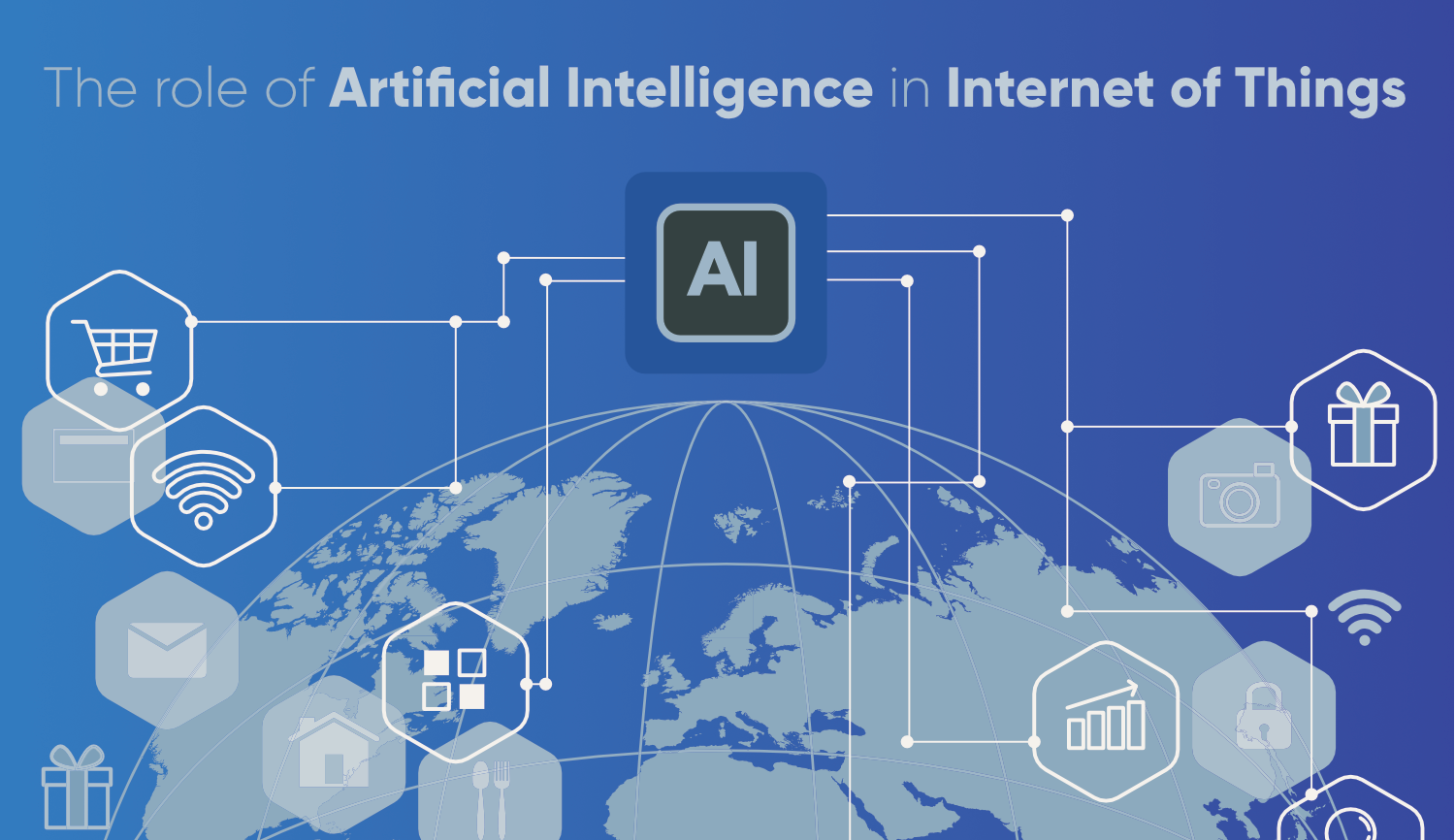
在技术的不断进步中,AI硬件的发展展现出许多亮点,现今的计算机配备了强大的处理器,专门用于深度学习任务,这些处理器能够快速处理数据,这对于训练复杂的算法至关重要,新兴架构如图形处理器单元(GPUs)和张量处理单元(TPUs)的出现,进一步推动了硬件性能的大幅提升,这些硬件设备能够处理大量数据并训练模型,极大地提高了处理速度。
AI硬件的发展也带来了边缘计算设备的普及,人们可以在各种环境下做出决策,利用边缘计算设备来处理数据和执行任务,随着硬件技术的快速发展,边缘计算设备不仅提高了数据处理能力,还使得AI技术在边缘位置也能发挥更大的作用。
展望未来,AI硬件的发展前景充满希望,随着特殊处理器的研发和应用,AI技术的处理速度将大大提高,新的硬件解决方案也将更好地应对当前生产中的挑战,满足不断增长的需求,量子计算、边缘计算等前沿技术的发展也为AI领域带来了新的机遇和挑战。
值得一提的是,AI硬件发展所带来的伦理和道德问题也不容忽视,随着硬件技术的不断进步,机器的滥用风险也在增加,开发者需要始终将伦理设计放在首位,确保用户信息的安全,在享受AI技术带来的便利的同时,我们也需要关注其可能带来的伦理和道德问题。
未来AI硬件的发展将带来许多机遇和挑战,我们应保持开放的态度,积极应对这些挑战和机遇,也需要找到平衡点,确保技术进步的同时也兼顾基本价值观,我们才能充分利用AI技术的潜力,推动社会的进步和发展。
随着科技的不断发展,我们有理由相信,未来的AI领域将会有更多的创新和突破,随着企业对于智能解决方案的追求日益浓厚,对强大工具的需求日益增长,AI硬件的发展将进一步推动人工智能技术的进步和应用。
The Future of AI lies within the innovative strides taken by new hardware developments, promising unprecedented compute capabilities and advanced sensory integration.
Embracing the future of AI necessitates an understanding and anticipation for cutting-edge hardware developments like never before - The Future of AIS: New Hardware Developments You Should Know About offers a timely guide to anticipated game changers shaping our digital landscape.
The Future of AI stands to revolutionize our world through groundbreaking new hardware developments, poised at the cusp between imagination and practicality.
Exploring the future of AI through novel hardware innovations as outlined in 'The Future Of The Want human is limitless, fueling dream-like expectations for technological advancements that could reshape our lives.
The article 'Future of AI: New Hardware Developments You Should Know About' sheds light on the cutting-edge advancements in artificial intelligence hardware, paving a path for faster and more efficient machine learning performance by leveraging chips that embody revolutionary innovations.
The Promising Trends and Challenges of Future AI Hardware: The Rise, Evolution or New Paradigm For Navigating the Aspects.
The evolutionary trajectory and challenges of future AI hardware, alongside the emergenceof new hardwares along with their mitigation strategies symbolize a pivot from adaptation to innovation within tech ecosystems.
The upcoming trends and challenges of AI hardware, united by the rise of new-generation devices necessitating proactive strategic responses for tomorrow's innovation landscape.
The upcoming trends and challenges in AI hardware, as well as the emergence of novel hardwares' strategies for overcoming these obstacles represent an ongoing journey towards advanced technological prowess.


![Truck Axle Market [2029] Key Trends and Strategies for Expansion](https://antiochtenn.com/zb_users/upload/2025/08/20250831205217175664473759450.jpg)
![Fibrin Sealant Market Advancements and Business Opportunities [2028]](https://antiochtenn.com/zb_users/upload/2025/08/20250831183354175663643499373.jpg)









